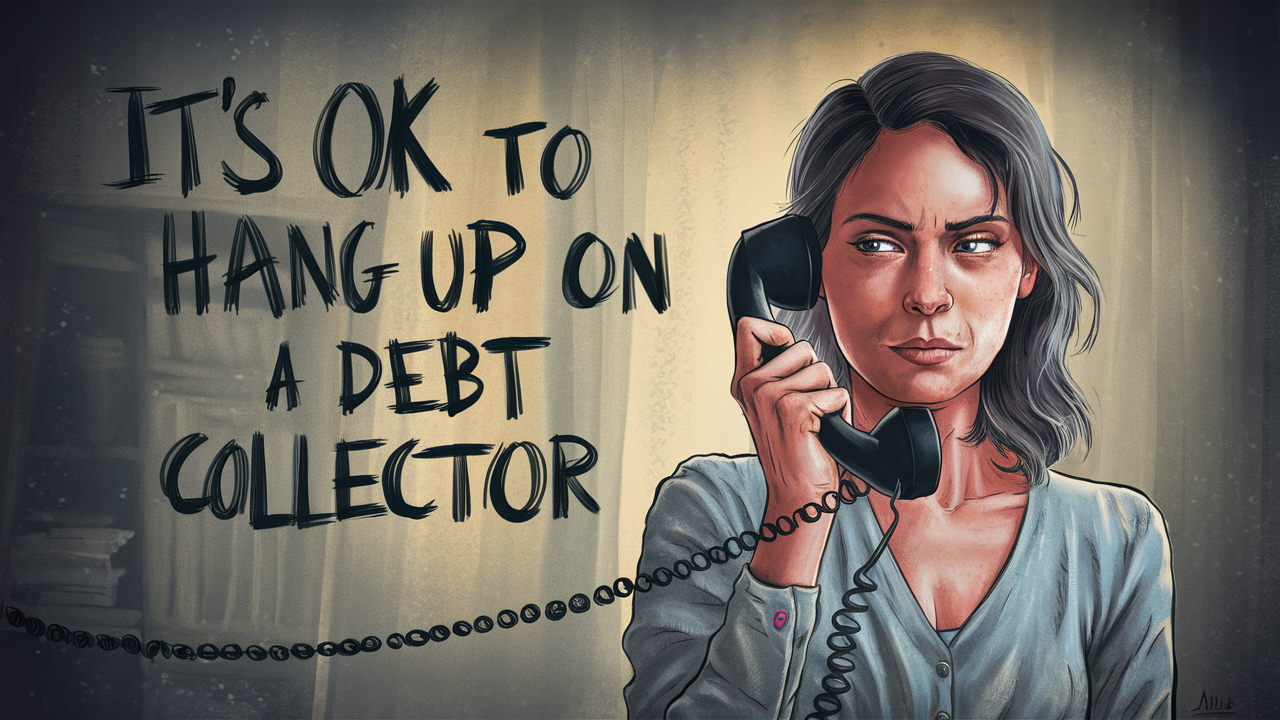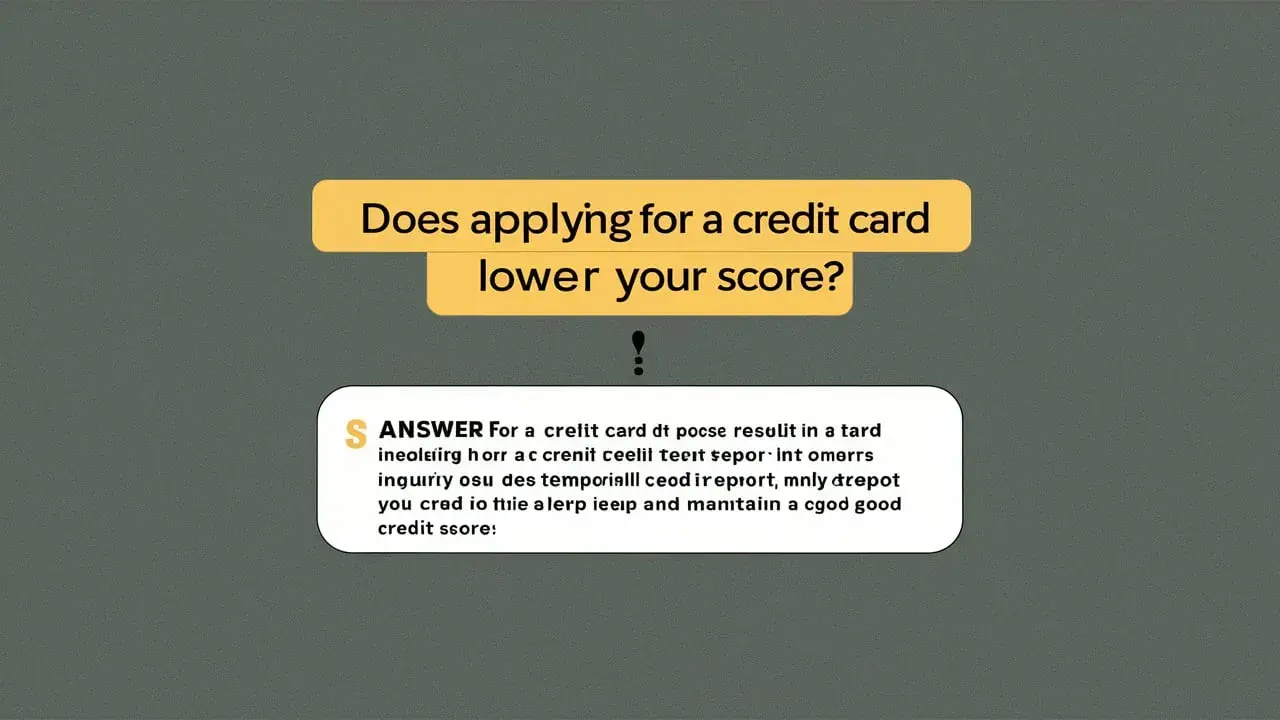-
Posted on: 24 Jul 2024

-
Debt collection calls are usually stressful and sometimes can be an intimidating process, therefore the following are the best practices that one should follow. The calls are rather disturbing and it is annoying to receive constant reminders to pay for the service. There are situations when collectors might make threats or use abusive language with clients. It is common to experience a situation where you are pressured by a debt collector and thus, turn off the phone. But is that okay to do legally, sometimes contracts, copyrights, and licenses make it hard for people to make legal decisions. What follows is a guide.
What the Law Says
The laws that govern the process of collecting debts are regulated by the FDCPA which has the federal requirements for that. This includes vices such as sexual harassment and sexual assault, threats, the use of words that may cause you to feel threatened, and constant phone calls to disturb or harass you.
So if a collector gets aggressive, mean spirited, you can hang up without anyone having the right to pursue the conversation any further. Under the law, the collectors cannot call or write to you if you make a written request to them stating that you do not want them to contact you. Ending the call conveys this message explicitly and clearly, implying that the receiver does not wish to receive any more calls. Just know that such calls can still be cut short and this may make the collector follow through the usual process by filing for a lawsuit in an attempt to recover the debt.
To illustrate, it is appropriate to hang up on someone you are talking to through the phone when they deserve it.
There are certain situations where legal experts agree it’s perfectly fine to hang up on a collector: There are certain situations where legal experts agree it’s perfectly fine to hang up on a collector:
The collector uses obscene, profane, threatening, or harassing language: You do not need to suffer from verbal harassment or threat. • You’ve set up a payment plan but the harassment continues: Once enough efforts to pay the debt have been made, the aggressive pressure should not be there, or should not be as much. • The collector refuses to provide valid documentation that you owe the debt: An initial communication must be made in writing by the debt collector and the communication has to include information about the debt and has to be sent to you within 5 days of contacting you. • You’ve asked the collector to stop calling but they refuse: Upon informing them to cease, you are within your rights to refuse to talk to them again. • You’ve become a crime victim due to the collector’s threats or harassment: If the collector violates highly statutory legalities, merely end the call and report them.
In such circumstances, before proceeding to stop the harassment, it is appropriate to politely request the collector to cease the harassment. If the behavior continues, you can terminate the call and report such a situation to the Consumer Financial Protection Bureau.
What Not to Do When on a Call
If the debt collector remains professional and civil, etiquette experts recommend against hanging up abruptly: If the debt collector remains professional and civil, etiquette experts recommend against hanging up abruptly:
The collector is calm and simply trying to arrange payment on a legitimate debt: Do not provoke the other party if possible – calmly discuss your financial position. • You need documentation about the debt and clarification on the next steps: Put the specific information you need to know before concluding the call. • There’s a possibility the collector has the wrong contact information and is seeking someone else: After the call disconnects, inform the person that he or she dialed the wrong number to get disconnected each time and have the number removed.
It is also unwise not to even answer calls and disregard notices of debt. However, the collection agency may proceed with legal actions to compel the debtors to pay back the money. You’re best off negotiating a payment plan in writing or paying the balance which is less than the full amount. This is a positive sign for your credit score and also eliminates the process of debt recovery as a stressful procedure.
Tactics for Dealing with Arrogant Debt Collectors
The next time a collector calls and won’t take no for an answer, here are suggestions for dealing with the situation: The next time a collector calls and won’t take no for an answer, here are suggestions for dealing with the situation:
Inform them the call is being recorded: This may deter collectors from embezzlement given the fact that there is evidence that can lead to prosecution. • Request written confirmation of the debt: Before entering into any communication with you, debt collectors are required to provide a breakdown of the sum you owe. • Complain with state/federal consumer agencies about violations: There are laws regarding unlawful collection practices wherein authorities can penalize collectors. • Consult with an attorney about violations and your rights: For example, the conduct of a collector can be evaluated by a lawyer to determine the possible need for a legal remedy. • Register your phone number on the National Do Not Call Registry: It is unlawful for telemarketers or collectors to contact registered telephone numbers.
The collector crossing lines does not mean that one should also cross lines, it is better to remain polite and even keep all the correspondents in writing that will work in your favor in case you go to court. Lastly, one hangs up when it is necessary to stop final harassment and assert oneself. ” It is better to do it tactfully; just ensure that you do it in the right manner. Having an action plan of how to deal with a debt, or even how to get help to fight against aggressive debt collectors is also helpful in solving the problem in a way most beneficial to you.
Struggling with bad credit? Dial (888) 803-7889 for expert credit repair assistance!











